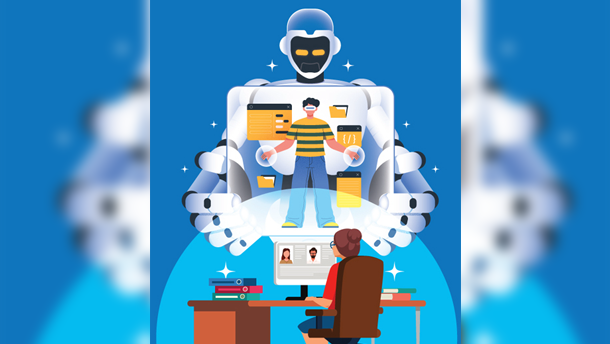
Companies that fail to catch up with the latest HR trends may find themselves struggling to keep pace with the changing landscape, and may not be able to provide the best-in-class employee experience.
Log In or become an AIMA member to read more articles
